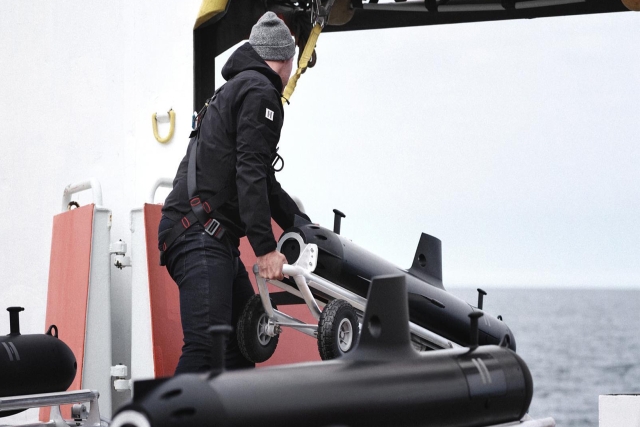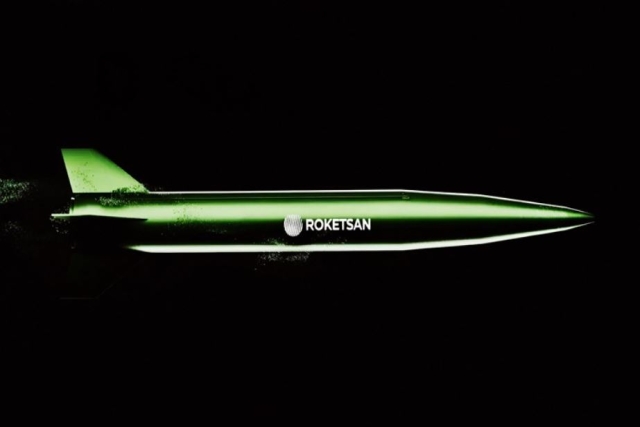U.K. to Manufacture AI Underwater Gliders to Protect Critical Infrastructure
New Plymouth facility to produce autonomous SG-1 gliders as part of £350 million defence investment

The United Kingdom will begin manufacturing artificial intelligence-powered underwater gliders designed to protect vital undersea infrastructure, with production expected to start later this year at a new facility in Plymouth.
The facility will produce the SG-1 Fathom — an autonomous underwater system developed by European defence company Helsing. The project is part of a £350 million private investment that followed the 2023 Trinity House agreement.
The AI gliders will support maritime surveillance and infrastructure security. Capable of operating independently or in groups, the SG-1 can remain at sea for up to three months, patrol large underwater zones, or hold position on the seabed.
“It’s designed to autonomously surveil and detect undersea threats,” said Ned Baker, Helsing’s U.K. managing director. “It allows us to create sovereign manufacturing capacity that helps bring the latest capabilities to our Armed Forces and to our allies.”
Each SG-1 glider is paired with a software platform called Lura, which processes acoustic data in real time. The system can identify the unique acoustic signature of ships, even those of the same class, functioning like a network of underwater satellites.
The U.K. Treasury and Ministry of Defence announced the development alongside the publication of new recommendations by the Defence and Economic Growth Taskforce — a partnership between government, industry, and finance. Led by the Confederation of British Industry (CBI) and consultancy Oliver Wyman, the Taskforce includes 20 member organisations focused on expanding the U.K.’s defence sector and creating jobs.
Production of the SG-1 gliders is scheduled to begin by the end of 2025. Helsing will start by manufacturing hundreds of units, with plans to scale up to thousands and supply allied navies worldwide.














